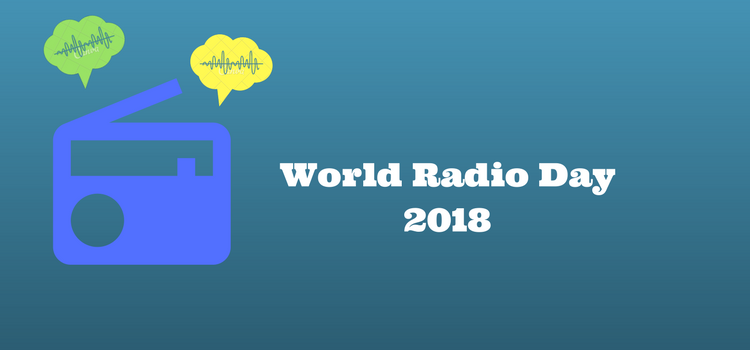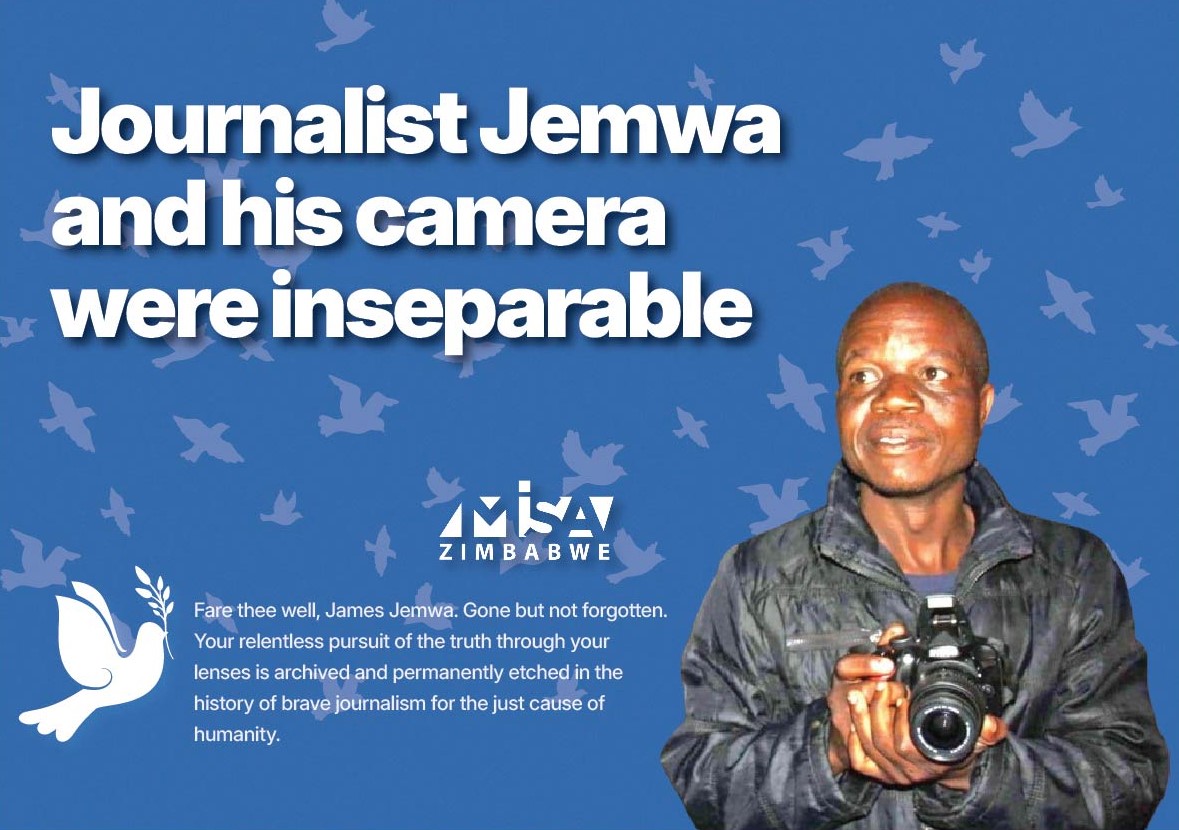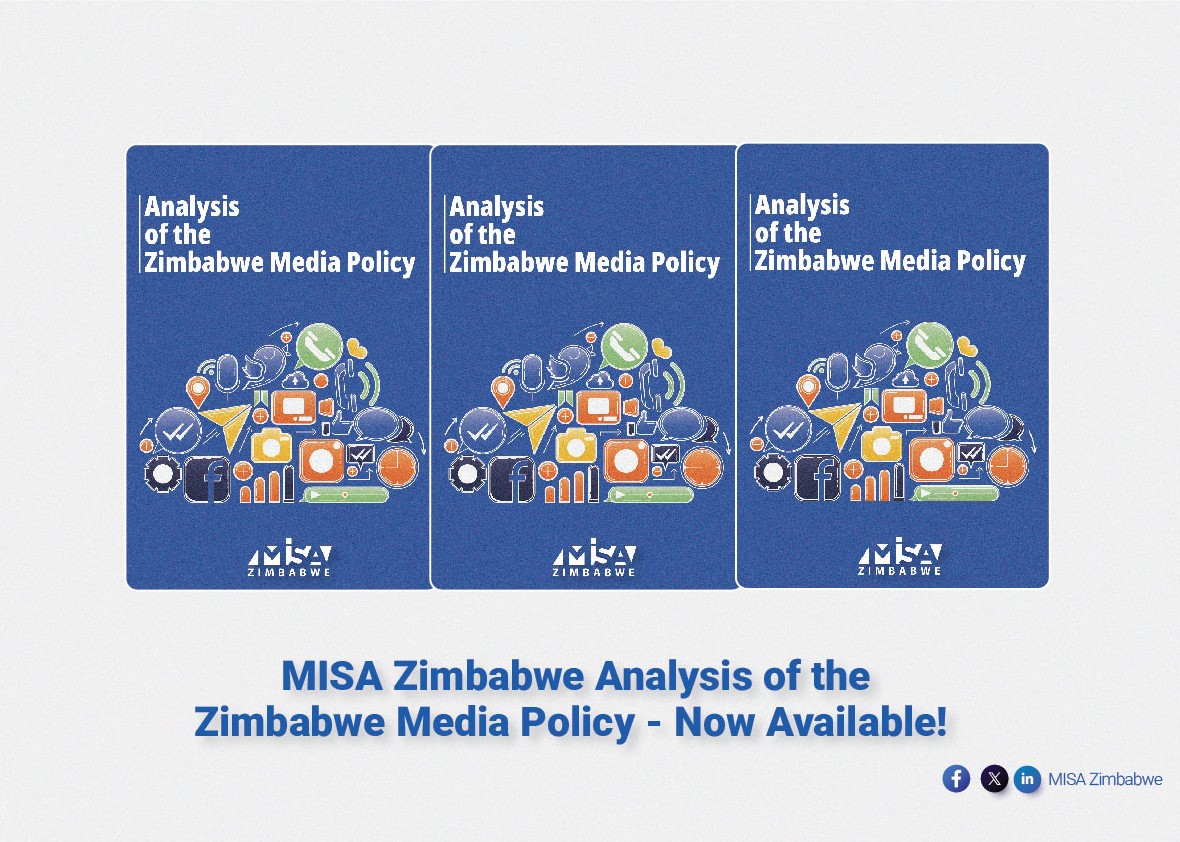MISA Zimbabwe joins the world in commemorating World Radio Day with a reminder to the government of Zimbabwe on the need for genuine transformation of the entire broadcasting sector to allow for diversity in radio broadcasting in the country.
This year’s commemorations are held under the theme, Radio, Sports and Cultural Diversity. In its announcement of the theme this year, the United Nations Educational, Scientific and Cultural Organisation (UNESCO) invited all bodies and related organisations to celebrate radio and its contribution to democratic debate through information, entertainment and audience interaction.
Still no diversity
Though successive surveys and research papers indicates that radio is the medium of communication that attracts the attention of the national population, the industry is by and large an oligopoly. Its ownership is in very view hands of the ruling elite. The coming in of two (2) national commercial broadcasting stations in 2012, namely Star FM and ZiFM, broke the monopoly of the Zimbabwe Broadcasting Cooperation (ZBC) and created an impression of the dawn of new era in broadcasting. Yet a closer look of ownership points back to the ruling elite and government owned companies.
The same is true for the urban- based provincial commercial radio stations which added a semblance of diversity to Zimbabwe’s radio sector through decentralisation. Unfortunately the ownership, content and editorial policy of the radio stations does not reflect diversity in most cases.
The majority of the radio licensed whose operations commenced in 2015, fall under state-controlled, Zimpapers Group. These include Harare Metropolitan’s Capitalk FM, Mutare’s Diamond FM and Kariba’s Nyaminyami FM. This brings brings to four the radio stations being run by the group, including the national commercial radio station Star FM. The state controlled public broadcaster, ZBC, runs four radio stations.
The Broadcasting Authority of Zimbabwe has still not, made a call for the licensing of community radio, as government continues to prevaricate on the subject.
BSA must go
MISA Zimbabwe maintains that the root cause of the challenges in the sector lie in the archaic Broadcasting Services Act (BSA) which was enacted more than two decades ago, and is no longer justiciable to regulate the ever-changing broadcasting industry.
The repeal of the BSA, is even more important now than ever, with the apparent transformation of the sector as it continues to converge with the telecommunications industry. A competitive broadcasting regulatory framework is an opportunity for government to embrace the benefits of the expansion and impact of radio services in Zimbabwe through alternative transmission and reception of broadcasts to the entire population.
The BSA must be replaced by a law that among other critical issues, converges the regulation of the broadcasting and telecommunications sectors, guards against monopolies through cross ownership and allows for periodic applications for broadcasting services. That way diverse radio broadcasting will be made available to a cross section of interest and geographic communities in Zimbabwe.
Liberalised radio broadcasting services have the potential to stimulate the country’s socio-economic and political developmental thrust as the citizens make informed decisions and contribute towards the national debates.













